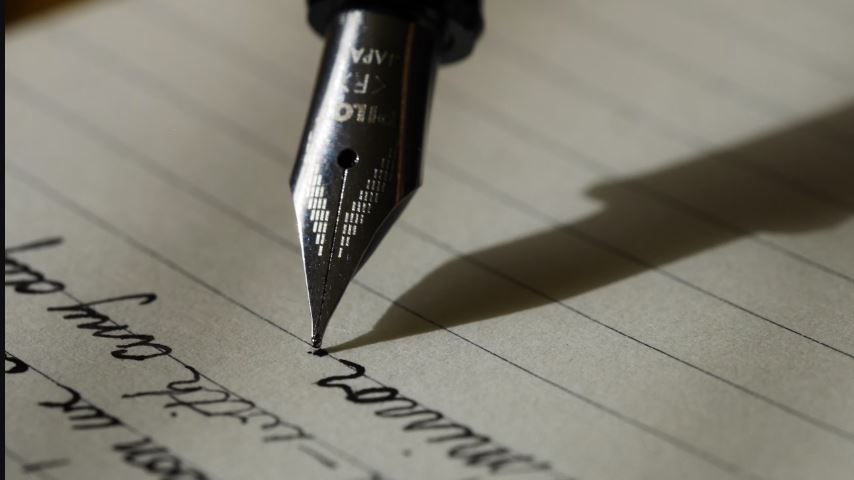Memorizing song lyrics, especially in a foreign language, can sometimes feel like a daunting task. However, creating your own phonetic lyrics—lyrics written in a way that reflects the sounds of the original language using a familiar alphabet—can make this process much easier and more enjoyable. In this article, we will guide you step by step on how to create your own phonetic lyrics and how this technique can enhance your language learning experience.
What Are Phonetic Lyrics?
Phonetic lyrics are a simplified version of a song’s original lyrics, written using an alphabet you are familiar with (usually the Latin alphabet). These lyrics represent how words are pronounced, making it easier for non-native speakers to sing along to songs in foreign languages.
Why Are Phonetic Lyrics Useful?
Phonetic lyrics offer several key benefits:
-
Easier Pronunciation: They help you pronounce words correctly, even if you’re not familiar with the language’s script or writing system.
-
Faster Learning: By focusing on pronunciation, phonetic lyrics allow you to learn and remember the lyrics more quickly.
-
Cultural Connection: Singing in a foreign language with accurate pronunciation helps you connect with the culture behind the music, enriching your language learning.
Steps to Create Your Own Phonetic Lyrics
Creating phonetic lyrics might sound challenging, but with these simple steps, you can write your own phonetic version of any song.
Step 1: Choose Your Song
Start by selecting a song that you want to learn. It’s best to choose a song with a clear pronunciation and slow tempo, especially if you’re just starting out with phonetic lyrics. Pick a song in a language you are learning or are interested in.
Step 2: Listen to the Song Carefully
Before you start writing the phonetic lyrics, listen to the song several times. Pay attention to the pronunciation of each word, focusing on the singer’s enunciation and rhythm. This will help you understand how each word should sound and guide your phonetic transcription.
Step 3: Use the Latin Alphabet for Phonetic Writing
Phonetic lyrics are typically written using the Latin alphabet, which is familiar to most language learners. You don’t need to worry about using the International Phonetic Alphabet (IPA) unless you’re familiar with it. Instead, focus on writing the sounds of the language in a way that makes sense to you.
For example, if you’re transcribing a Japanese word “ありがとう” (arigatou), you can write it as “ah-ree-gah-toh” in the Latin alphabet. This makes it easier for non-native speakers to pronounce the word.
Step 4: Break Down the Words into Syllables
Breaking down words into smaller chunks can help you understand how they are pronounced. For example, if you’re writing the French word “Bonjour” (hello), you can break it down into “bohn-zhoor”. This makes it easier to pronounce each part and helps with memorization.
Step 5: Verify Your Pronunciation
After writing the phonetic lyrics, it’s important to verify them for accuracy. You can use language tools like Google Translate or apps like Forvo to listen to native speakers pronounce the words. This will help you fine-tune your phonetic writing to ensure you’re pronouncing the words correctly.
Step 6: Format the Phonetic Lyrics
Once you’ve transcribed the lyrics phonetically, make sure they are easy to read. You can break them into verses and choruses, just like in the original lyrics. If certain sections are particularly challenging, highlight those parts and add extra phonetic notes if necessary.
Step 7: Practice Singing with the Phonetic Lyrics
Start practicing by singing along with the phonetic lyrics. Use the lyrics as a guide and try to match your pronunciation with the original singer’s. The more you practice, the more natural the pronunciation will become.
Step 8: Review and Adjust
As you practice, you may find certain parts harder to pronounce. Go back to your phonetic lyrics and adjust them if necessary. Sometimes, adding more detail or breaking the words into smaller sections can help.
Tips for Writing Accurate Phonetic Lyrics
-
Keep it simple: Focus on simplifying the sounds and not making it overly complicated. You don’t need to use advanced phonetic symbols—just write the sounds you hear in a way that makes sense to you.
-
Use familiar sounds: Choose sounds that are familiar to you. If a word is particularly difficult, break it down into parts or relate it to something that sounds similar in your language.
-
Double-check your work: Always listen to the song again and compare your transcription with the original pronunciation to ensure its accuracy.
-
Use language tools: Tools like Google Translate, Forvo, or Karaoke apps can help you refine your transcription and get feedback on pronunciation.
Why Create Your Own Phonetic Lyrics?
Creating your own phonetic lyrics can benefit you in several ways:
-
Improves pronunciation: By focusing on how words sound, you can improve your accent and fluency.
-
Enhances listening skills: Hearing the words and seeing them phonetically can improve your listening comprehension in the target language.
-
Makes language learning fun: Singing along with songs makes language learning more enjoyable and helps reinforce your memory.
-
Cultural connection: Understanding and singing the lyrics helps you connect with the culture and emotions behind the music.
Final Thoughts
Creating your own phonetic lyrics is a fun and effective way to enhance your language learning journey. It allows you to engage with the language, improve your pronunciation, and make learning more enjoyable. So, pick a song, start transcribing the lyrics phonetically, and watch your language skills grow.
